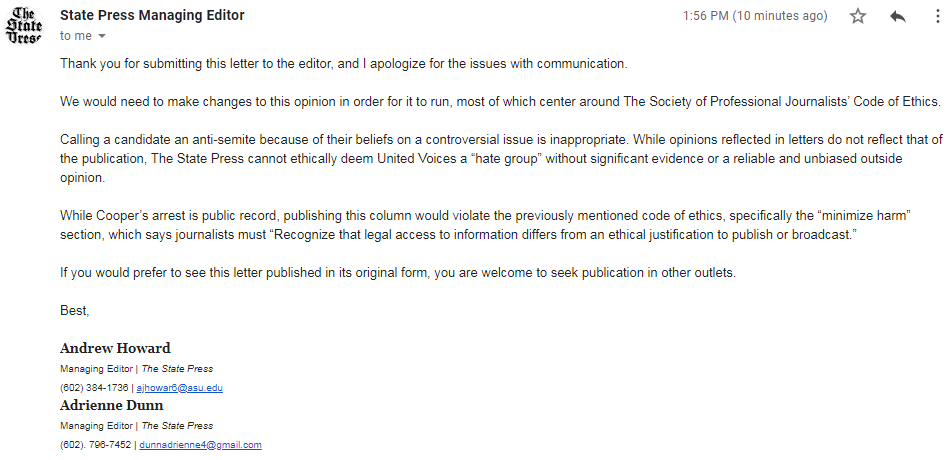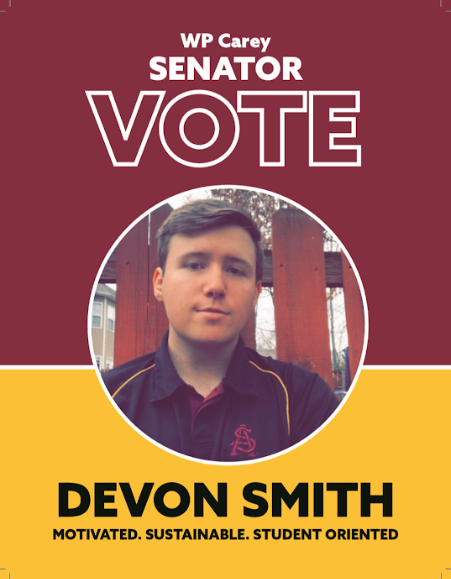This book is the third and final volume developing an evolutionary perspective on Judaism. Ethnic conflict is a recurrent theme throughout the first two volumes, and that theme again takes center stage in this work. However, whereas in the previous works ethnic conflict consisted mainly of recounting the oftentimes bloody dynamics of Jewish-gentile conflict over the broad expanse of historical time, the focus here is on the world of ideas and ideologies. The emphasis shifts to a single century and to several very influential intellectual and political movements that have been spearheaded by people who strongly identified as Jews and who viewed their involvement in these movements as serving Jewish interests. Particular attention will be paid to the Boasian school of anthropology, psychoanalysis, leftist political ideology and behavior, the New York Intellectuals, and the Frankfurt School of Social Research. In addition, he describes Jewish efforts to shape United States Immigration policy in opposition to the interests of the peoples of non-Jewish European descent, particularly the peoples of Northern and Western Europe. An important thesis is that all of these movements may be seen as attempts to alter Western societies in a manner which would neutralize or end anti-Semitism and provide for Jewish group continuity either in an overt or in a semi-cryptic manner. At a theoretical level, these movements are viewed as the outcome of the fact that Jews and gentiles have different interests in the construction of culture and in various public policy issues (e.g., immigration policy).
1984
The new novel by George Orwell is the major work towards which all his previous writing has pointed. Critics have hailed it as his “most solid, most brilliant” work. Though the story of Nineteen Eighty-Four takes place thirty-five years hence, it is in every sense timely. The scene is London, where there has been no new housing since 1950 and where the city-wide slums are called Victory Mansions. Science has abandoned Man for the State. As every citizen knows only too well, war is peace.
Animal Farm
A farm is taken over by its overworked, mistreated animals. With flaming idealism and stirring slogans, they set out to create a paradise of progress, justice, and equality. Thus the stage is set for one of the most telling satiric fables ever penned –a razor-edged fairy tale for grown-ups that records the evolution from revolution against tyranny to a totalitarianism just as terrible.
Rules for Radicals:
First published in 1971, Rules for Radicals is Saul Alinsky’s impassioned counsel to young radicals on how to effect constructive social change and know “the difference between being a realistic radical and being a rhetorical one.” Written in the midst of radical political developments whose direction Alinsky was one of the first to question, this volume exhibits his style at its best. Like Thomas Paine before him, Alinsky was able to combine, both in his person and his writing, the intensity of political engagement with an absolute insistence on rational political discourse and adherence to the American democratic tradition.
The Protocols of the Learned Elders of Zion
The Protocols were first published in 1903 by Pavolachi (or Pavel) Krushevan, an instigator of the Kishinew pogrom, in his Russian newspaper called Znamia. Even though the text is about 100 years old and is considered a forgery by scholars today, it didn’t just influence politics in the past, but it still has some political influence in the present-day in the Arab and Muslim world.
“Although it’s a pernicious fraud, The Protocols of the Learned Elders of Zion has unfortunately had a widespread influence–all of it evil–on the history of the 20th century. It was exposed as a hoax in 1921, yet it has been used as a justification for the Holocaust and for innumerable pogroms in Russia and the Soviet Union.
The Protocols was supposedly written in 1897 from the minutes of 24 secret meetings between Jews and Freemasons in which they conspired to bring down Western civilization and jointly rule the world. In reality, it is nothing of the sort. In 1921, Philip Graves of the London Times revealed The Protocols to be a fraud, showing it to be based on a French satire aimed at Napoleon III. In a series of side-by-side extracts printed in the Times, Graves demonstrated that the forgers took long portions of the original text, titled Dialogues in Hell Between Machiavelli and Montesquieu, and simply replaced “France” with “Zion” and “The Emperor” with “We the Jews.” Further investigations by the Russian historian Vladimir Burtsev revealed other sources for The Protocols, including a fantasy novel by Hermann Goedsche and, more darkly, the hand of the Russian secret police.
The International Jew
In the years 1920-22, Henry Ford published a series of articles critical of Jewish Power and its effects on White Christian America in The Dearborn Independent newspaper. Some years later he collected and published them in book form, as a multi-volume set. This book is an abridged version of that set, featuring the best of those original articles.
Repeatedly, over the years, Jewish Power brought itself to bear in assaulting Mr. Ford’s integrity, intelligence, and memory in a calculated attempt to discredit him – including suing him in court and (possibly) forging an apology (see appendix). Throughout his lifetime, Mr. Ford always maintained the inherent truth in the criticisms of Jewish Elites contained in his essays and published them because he believed, if Americans knew the truth, those elites would be rendered impotent.





